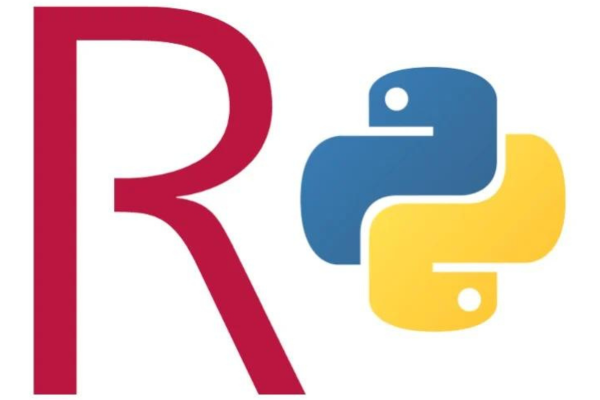Summary
Due to growing demand from the oceanographic research community, RBR created pyRSKtools, an official, open-source data processing toolbox for Python. Get an overview of the toolbox, as well as insights from RBR research scientist Qi Wang, in this technical session video with Scripps Oceanography.
About pyRSKtools
pyRSKtools is RBR’s open source Python toolbox for reading, post-processing, visualizing, and exporting RBR logger data. Users may plot data as a time series or as depth profiles using tailored plotting utilities. In addition, you can easily plot time-depth heat maps to visualize transects or moored profiler data. A full suite of data post-processing functionality, such as methods to match sensor time constants and bin average, are available to enhance data quality.
For more information, please see our pyRSKtools documentation.
What is the RSK file format?
The RSK format that all Logger2 and Logger3 instruments (RBR solo, RBR virtuoso, RBR duo, RBR concerto, RBR maestro, etc) generate is not just another proprietary file format. Rather, it is a widely-used single file database called SQLite that allows for very large files with high-speed access to any part of the dataset. As a result, you can read RSKs from any programming language that supports SQLite. All you need to know is the schema of our table structure.
How is the pyRSKtools Python toolbox organized?
The organization of pyRSKtools revolves around a Python class referred to as the RSK class. Upon instantiation, this class loads deployment metadata of the given RSK. Users may then use it to load, process, visualize, or export data. The RSK class supports two data formats: a continuous time series, or a collection of profiles. After loading the data into the class, it is easy to plot and process the data using only the default input arguments. All optional input arguments are name-value pair arguments which make the class methods customizable and flexible.
What’s the difference between pyRSKtools and RSKtools?
pyRSKtools is the official Python port of the MATLAB-based RSKtools toolbox. It provides the same functionality for users to access, process, visualize, and export data given in the RSK format from RBR loggers.
